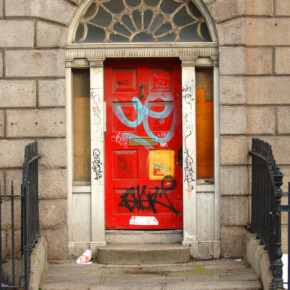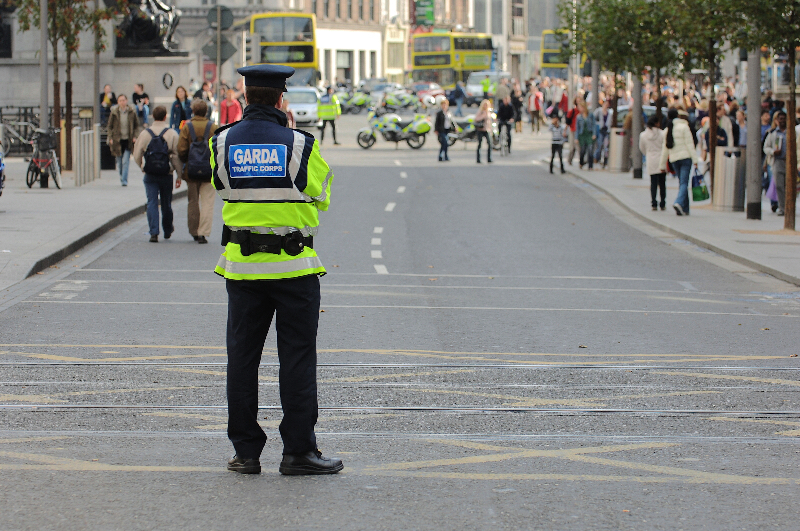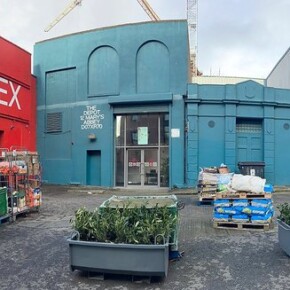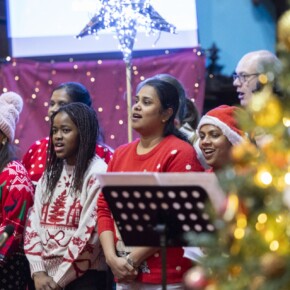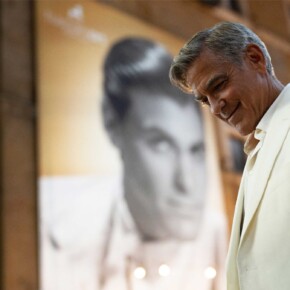THEATRE: Jimmy’s Hall raises the roof at the Abbey
Dublin People 03 Aug 2018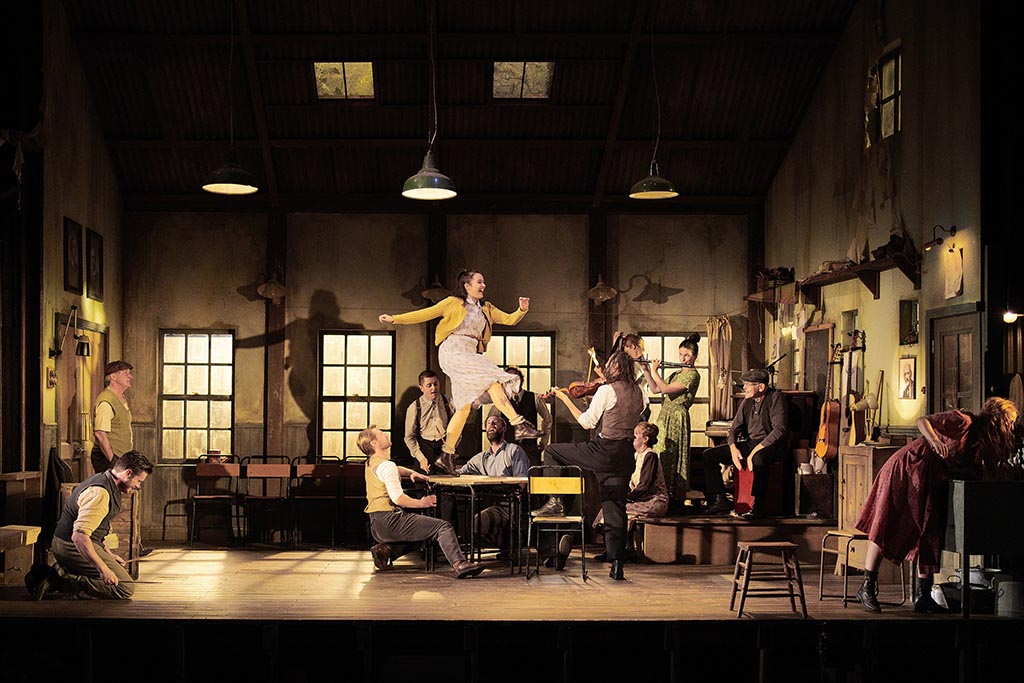
Paul O’Rourke
IT’S ironic that it takes two Englishmen to tackle some of the darker elements of Irish history, but director Ken Loach and his writer friend Paul Laverty have consistently been drawn to troubled stories originating from these shores.
From ‘Hidden Agenda’ to ‘The Wind that Shakes the Barley’ and more recently ‘Jimmy’s Hall’, Loach, who is traditionally attracted to the plight of the downtrodden, has never backed away from controversy. For those who haven’t seen any of Jimmy Hall’s previous incarnations (including the 2014 film and last year’s run at the Abbey), the story is a true one and tells the tale of Leitrim farmer Jimmy Gralton who opened, closed and reopened a dance hall in 1930s Ireland.
Gralton did this to provide his community with a place to dance, practice music, and be creative. No prizes for guessing that there were forces at play looking to shut off that particular avenue of enjoyment.
Enter the Catholic Church, understandably deeply troubled by the concept of people expressing themselves and having fun. And therein lies the drama of the piece.
But this production is much more about music and dance, than drama and conflict.
The instruments are already playing as you take your seat and this sets the tone for what’s to follow. Richard Clements does a stirling job not only playing Gralton, but playing a mean piano too, and Lisa Lamb as Oonagh steals the show with some haunting vocals.
There is some humour, with the funniest lines going to Bosco Hogan as Father Sheridan, not intentionally mind, it’s just the religious dogma of the day was so ridiculous it’s laughable.
When Gralton delivers a rousing speech about emigration, poverty and homelessness, you half expect the audience to stand and applaud, but that’s reserved for the finale.
Following a stirring final all-singing, all-dancing number that evokes the same kind of feeling as a Riverdance ending, you’re left with no choice but to get to your feet and cheer.
This is more than a play, it’s a celebration of music, community, joy, dance, and freedom from oppression. In one word, it’s a triumph.


